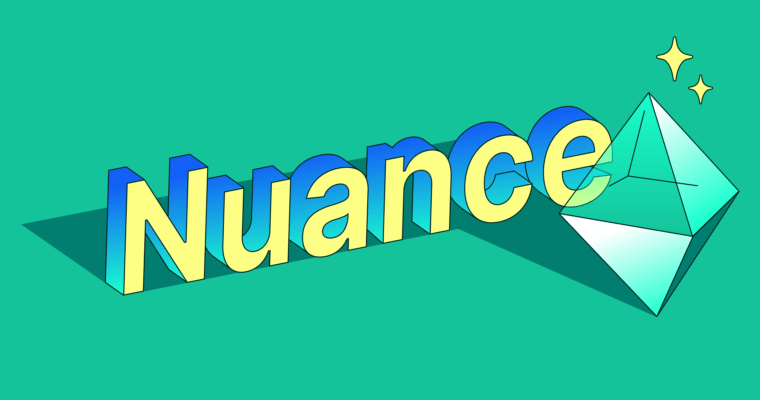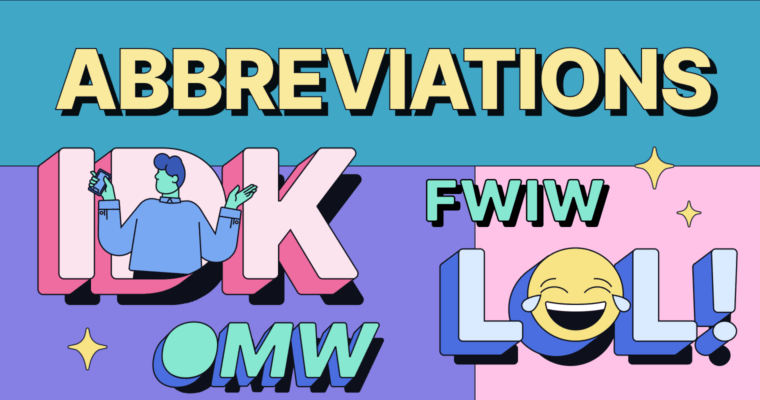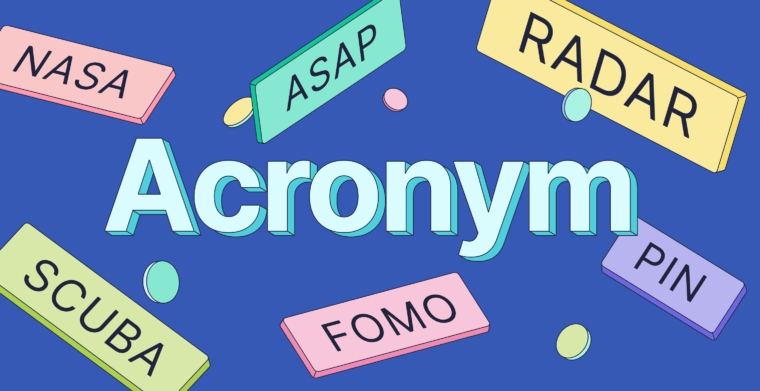
You’ve likely heard the word nuance many times, but you may not be 100 percent sure of its meaning.
True to its definition, the meaning of nuance is subtle and easy to miss. Happily, we’re here to provide some clarity so you can understand how this sophisticated little word contains multitudes of meaning.
What does nuance mean?
The word nuance refers to “a subtle or slight difference in sound, feeling, meaning, or appearance.” Pronounced NOO-ahns, it’s often used as a noun to describe the finer, more delicate aspects of something, especially in language, writing, or interpretation.
To say something has nuance or is nuanced suggests it has several layers or angles of meaning, such as a painting with various gradations or shades.
The history of nuance dates to early Latin with the noun nūbēs, meaning “cloud.” Once it made its way into Middle French, the noun evolved to the noun nue and then to the verb nuer, which meant “to make shades of color.” Eventually, the English borrowed the word nuance from the French in the 18th century, understanding it to mean “a subtle distinction or variation,” which is the definition used today.
In various fields like art, literature, politics, and even personal relationships, recognizing nuance is key to gaining a deeper and more accurate understanding of the topic at hand. For example, in a play, it can add a layer of dramatic irony, and in novel writing, adding nuance to dialogue can give readers a fuller understanding of your characters.
Nuance vs. subtlety
Nuance and subtlety are closely related words that are often used interchangeably, but they have slightly different meanings.
Nuance indicates the finer distinctions within a subject or context, while subtlety emphasizes the skill or craft of conveying something in an indirect or subdued manner.
Interestingly, the word subtle is often seen modifying the noun nuance, as in “She detected the subtle nuance in his voice that revealed how he truly felt.” Some English speakers might deem this usage redundant since saying something has nuance connotes subtlety. Nonetheless, the frequent use of these words together suggests that the implication of subtlety in nuance may itself be too subtle to be recognized by many!
Nuance synonyms
There are many synonyms and alternatives for nuance that will help to further clarify the word’s meaning, including the following list:
- degree
- delicacy
- distinction
- fine point
- gradation
- nicety
- refinement
- shade
- subtext
- subtlety
- tinge
- undertone
- variation
Examples of nuance in a sentence
Here are several sentence examples where nuance is used correctly:
- In the world of wine tasting, connoisseurs can detect the nuanced aromas that distinguish one vintage from another.
- The comedian’s humor was known for its nuance, often poking fun at everyday situations with a keen eye for detail.
- The novel’s rich character development and intricate plot are filled with nuance, which made it a thought-provoking choice for the class to analyze.
- Political debates can require candidates to address complex issues with nuance, rather than relying on simplistic answers.
- The artist’s use of color and shading added nuance to the painting, making it come alive with depth and texture.
- In all of Helen’s culinary creations, she pays meticulous attention to the nuances of flavor, blending spices and ingredients with precision.
Meaning of nuance FAQs
What is the definition of nuance?
The definition of nuance is a subtle or slight difference in sound, feeling, meaning, or appearance.
How is nuance pronounced?
The word nuance is pronounced as NOO-ahns.
When should you use the word nuance?
You should use the word nuance when you want to convey or emphasize the presence of subtle or slight differences, variations, or complexities within a certain context.






